Judge Refuses To Dismiss Trump’s Hush-Money Case, Is Unimpressed by Immunity Arguments: ‘Evidence of Guilt Is Overwhelming’
The Manhattan district attorney, Alvin Bragg, has expressed his determination to resume prosecuting Trump when he leaves office in 2029.
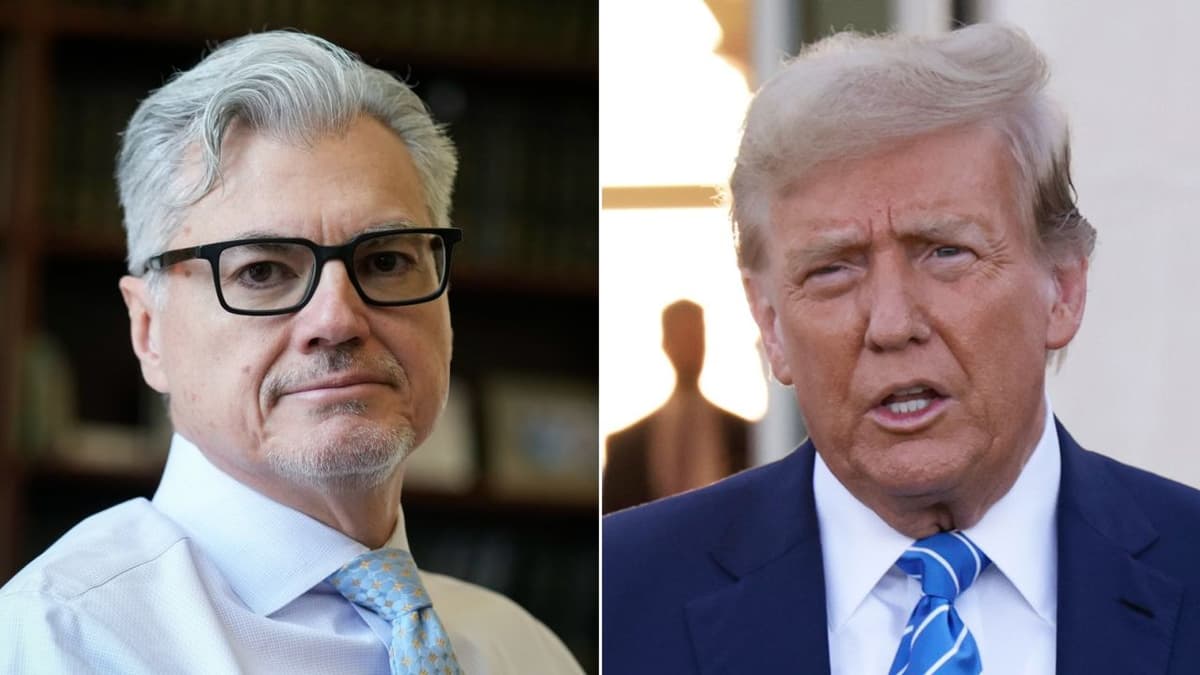
The New York judge presiding over President Trump’s hush-money case, Juan Merchan, denied Trump’s motion to dismiss the case based on the Supreme Court’s presidential immunity ruling. The judge still has to decide whether or not the case should be dismissed on grounds of various other motions Trump’s attorneys have filed.
The ruling keeps the criminal case against Trump alive, with just over a month to go before his inauguration. The Manhattan district attorney, who brought the case, Alvin Bragg, has indicated he’s determined to continue prosecuting the case after Trump, who’s term-limited, leaves the White House for good in 2029.
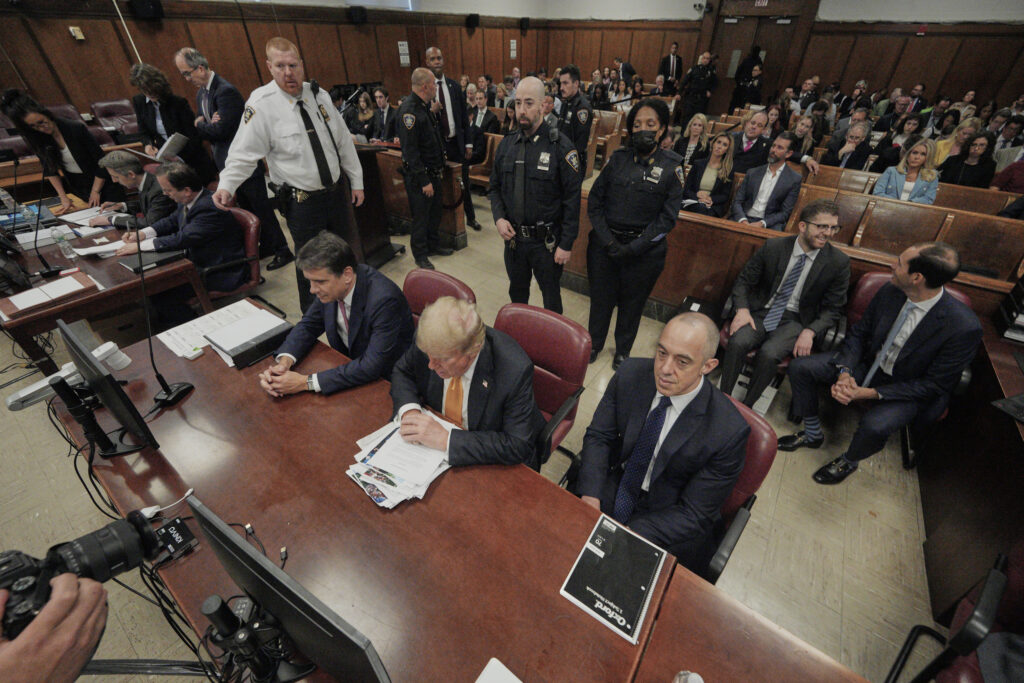
On Monday evening, while the president-elect was announcing his nominees for the ambassadors to Uruguay, Japan, Luxembourg, Austria, and the Dominican Republic on his social media platform, Truth Social, deeply engaged in staffing the new administration, the New York criminal court judge was still preoccupied with a stack of motions related to the hush-money case.
“Defendant’s motion to dismiss the indictment and vacate the jury verdict pursuant to CPL $ 330.30(1) is denied,” Judge Merchan concluded in his 41 page long decision, referring to the Supreme Court’s landmark ruling on presidential immunity.
In May, a Manhattan jury found Trump guilty of 34 felony charges of falsification of business records in an alleged scheme to interfere with the 2016 election.
Mr. Bragg had alleged that in 2016 Trump’s then-personal attorney Michael Cohen made a $130,000 hush-money payment to the adult film star Stormy Daniels, whose real name is Stephanie Clifford, to buy her silence about her claim that she had a single sexual encounter with Trump at a celebrity golf tournament at Lake Tahoe in 2006. Trump was accused of directing Cohen to wire the money to Ms. Clifford and then disguising his reimbursement to Cohen as a legal fee. Mr. Bragg translated this transaction into multiple felony counts. Trump denies all charges and says he never had sex with Ms. Clifford.
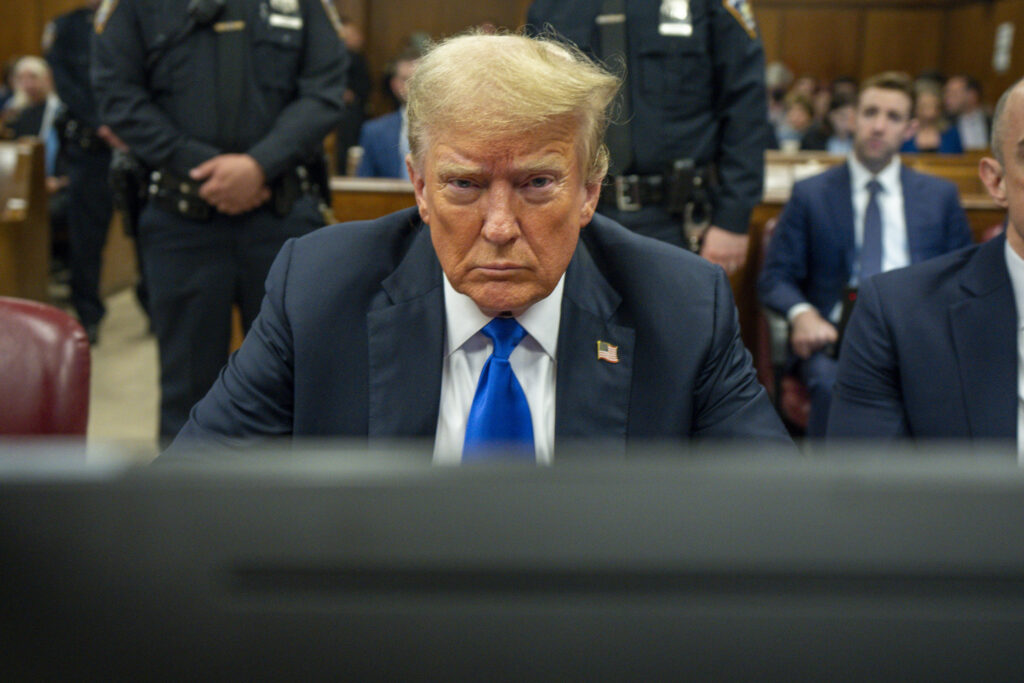
Trump was scheduled to be sentenced on July 11. Yet on July 1, the Supreme Court declared that presidents are immune from prosecution when exercising the ‘core powers’ of their presidencies. Within hours of the landmark ruling, Trump’s attorneys requested to dismiss the hush-money verdict and the indictment, arguing Mr. Bragg used evidence during the trial that stemmed from the time Trump served his first term as president.
The Manhattan district attorney, Trump’s defense wrote, “should not have been permitted to offer evidence at trial of President Trump’s official acts,” and therefore the court should dismiss the verdict and the entire case.
The judge first postponed the sentencing to mid September, and then with the election approaching, he postponed it again to the end of November.
“As stated in its letter of September 6,2024,” the judge wrote in a separate letter to the attorneys, also published on Monday, “this Court did so to ‘avoid any appearance – however unwarranted – that the proceeding has been affected by or seeks to affect the approaching Presidential election in which the Defendant is a candidate.”
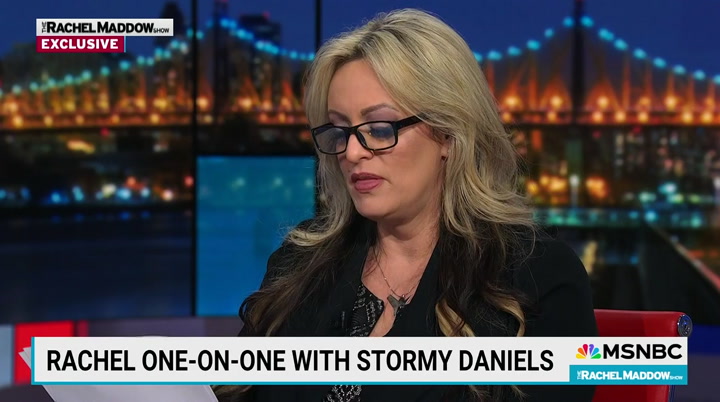
On Monday, Judge Merchan finally addressed the six-month-old immunity matter, finding that “the evidence related to the preserved claims” did not in fact relate to core duties of the presidency but “entirely to unofficial conduct and thus, receive no immunity protections,” the judge wrote.
Trump’s attorneys had cited, among other things, that trial testimony by his former communications director, Hope Hicks, and his former director of Oval Office operations, Madeleine Westerhout, concerned presidential matters. Ms. Hicks, who cried on the witness stand, told the jury about her conversation with Trump in the White House after the Wall Street Journal published a story about his alleged hush-money deal with Ms. Daniels.
“Defendant identifies the following evidence as improperly received at trial: private communications with Hope Hicks (‘Ms. Hicks’) as White House Communications Director… the observations of Madeleine Westerhout (‘Ms. Westerhout’), Director of Oval Office Operations, regarding Defendant’s ‘preferences and practices’ in the Oval Office,” the judge recalled in his decision, further citing Twitter posts and communications between Trump and Cohen “about the presidential pardon power.”
The prosecution argued that, as the judge rephrased it, these conversations were “wholly unrelated to any official acts as President and thus, not entitled to any form of immunity.” Prosecutors insisted that even if the cited evidence, such as the testimony by Ms. Hicks, was related to Trump’s presidential duties, there was enough other evidence to justify the guilty verdict.
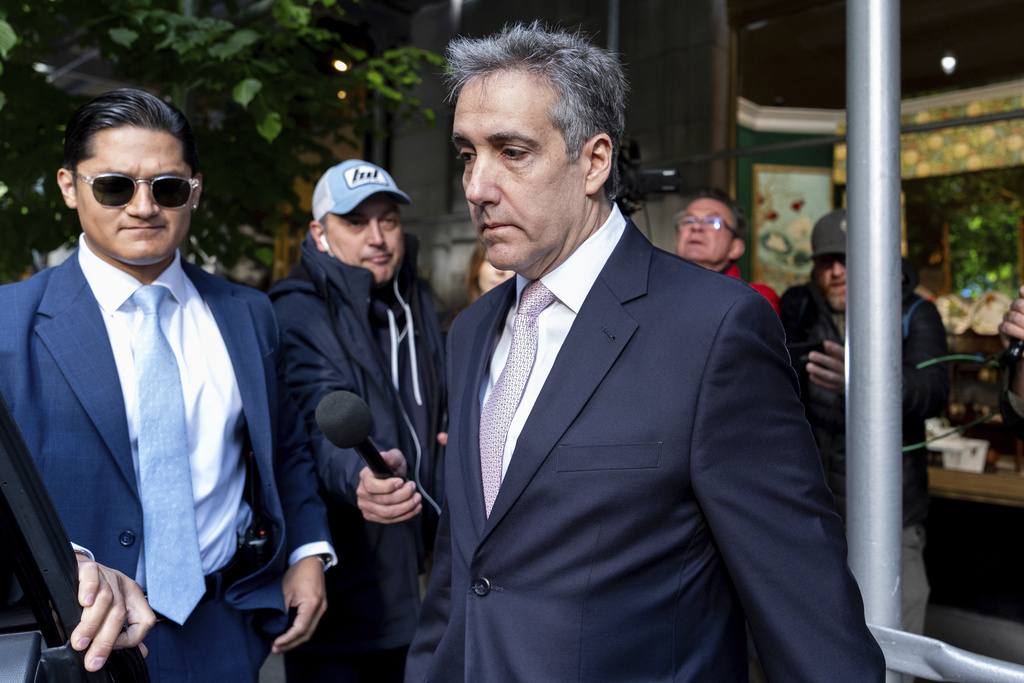
Judge Merchan agreed. “This Court concludes that if error occurred regarding the introduction of the challenged evidence, such error was harmless in light of the overwhelming evidence of guilt,” he wrote on Monday. “Even if this Court did find that the disputed evidence constitutes official acts under the auspices of the Trump decision, which it does not, Defendant’s motion is still denied as introduction of the disputed evidence constitutes harmless error and no mode of proceedings error has taken place.”
He described the prosecution’s “evidence” as “decidedly personal acts,” arguing that “falsifying business records poses no danger of intrusion on the authority and function of the executive branch.” He further ruled that “not everything the president does is official,” and that “To find otherwise would effectively mean that every statement ever uttered (or posted on social media) by a sitting president, whether personal or official, in his or her own interests or that of the country, would be protected by absolute immunity.”
Trump’s political advisor and transition spokesman, Steven Cheung, called the ruling “a direct violation of the Supreme Court’s decision on immunity.” In a statement to the press, Mr. Cheung wrote, “This lawless case should have never been brought, and the Constitution demands that it be immediately dismissed.”
The judge still has to decide if the case should be dismissed in light of the transition and Trump’s upcoming inauguration, as his attorneys requested.
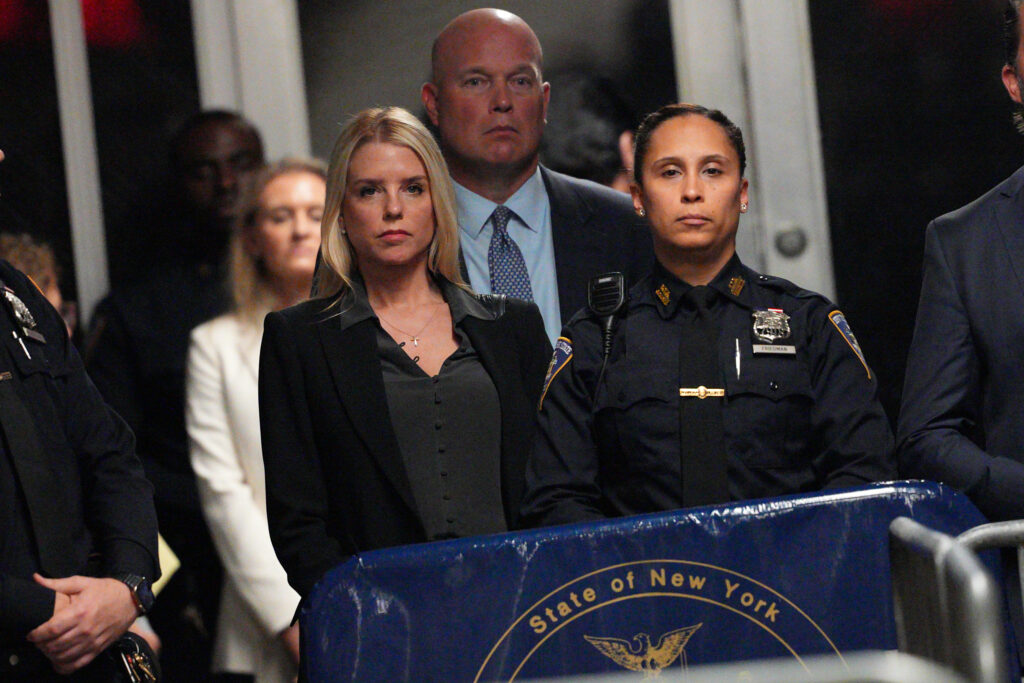
In a separate, five page long letter, also published on Monday, the judge addressed yet another matter the defense raised, an allegation of juror misconduct during the trial — the nature of this alleged misconduct is not public. The judge wrote that such allegations should be addressed in a motion with appropriate redactions.
“Allegations of juror misconduct should be thoroughly investigated. However, this Court is prohibited from deciding such claims on the basis of mere hearsay and conjecture,” Judge Merchan wrote. “This Court cannot allow the public filing of unsworn, and admittedly contested statements. To do so would threaten the safety of the jurors and violate the agreed upon Order Regulating Disclosure of Juror Information.”
Last week, the Sun spoke to another New York criminal court judge, George Grasso, who attended Trump’s criminal trial in the spring with other curious members of the public. Judge Grasso told the Sun over the phone, “we’ve got to come to some kind of definitive conclusion here so Trump can assume his powers as our president on January 20.”
“The two preferable options in my mind,” Judge Grasso said, “under these circumstances would be to dismiss the case in the interest of justice or to sentence with an unconditional discharge… An unconditional discharge sounds like what it is, it means, here’s your sentence, go on and live a good life.”
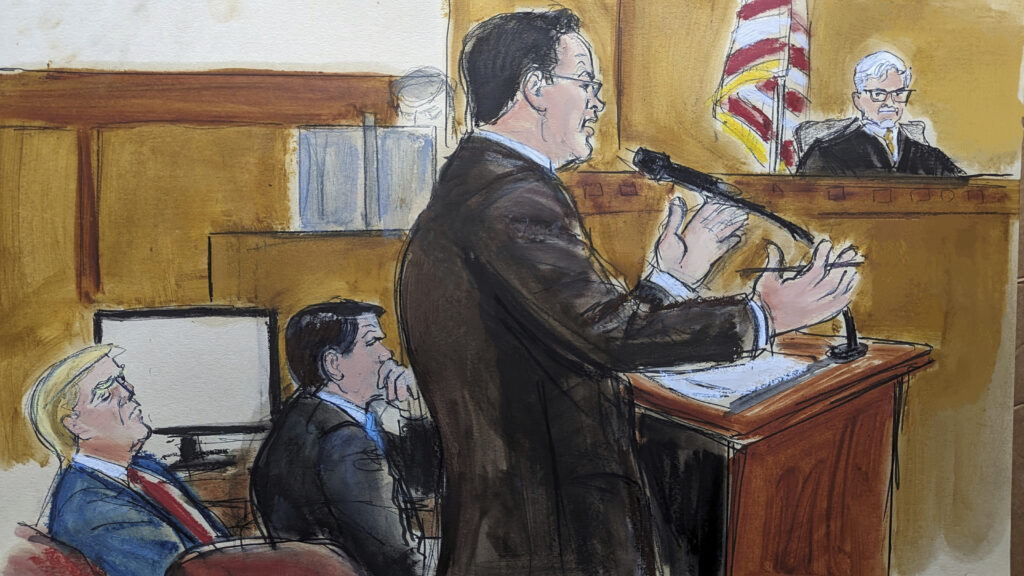
“An unconditional discharge is a valid sentence,” he added. “All the information was put out there to the American public, the American public still voted that Mr. Trump should become the 47th president of the United States, and we need a definitive conclusion, a definitive sentence, which respects the jury verdict, which this would, meaning that the felony conviction would remain in place… but on the other hand, the president elect would be free to proceed with his transition, and be our president for the four year period without always looking over his shoulder, wondering, what’s gonna happen with a felony that I might get sentenced to in 2029.”
Meanwhile Mr. Bragg argued, as the Sun reported, that the sentence should be frozen until 2029. “This type of time-limited accommodation is far more appropriate than the sweeping relief that defendant requests here, which would render the indictment and jury verdict in this case a nullity and eliminate his accountability for the crimes that a jury of his peers found he committed by proof beyond a reasonable doubt,” prosecutors wrote.
Judge Merchan has yet to decide whether or not to postpone the sentencing to 2029, or to issue an unconditional discharge, or to dismiss the case. Should he decide to freeze the sentence, Trump will most likely appeal his decision.

